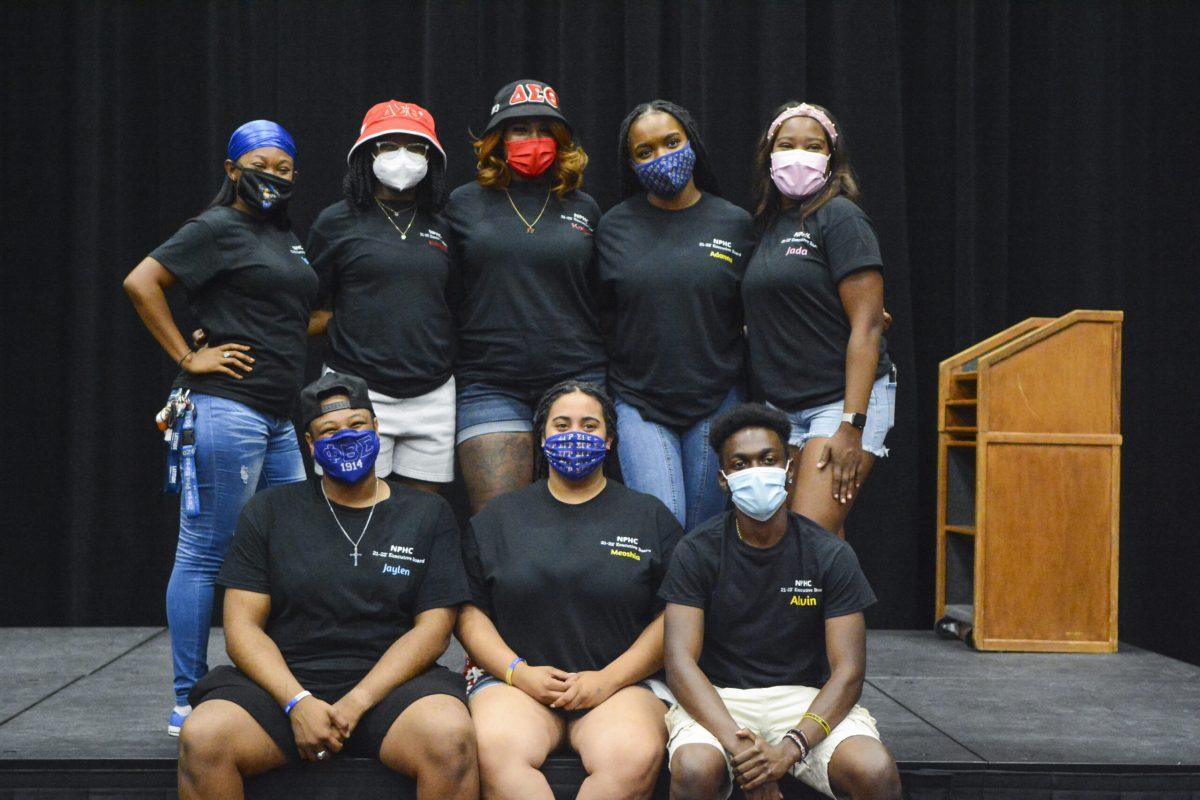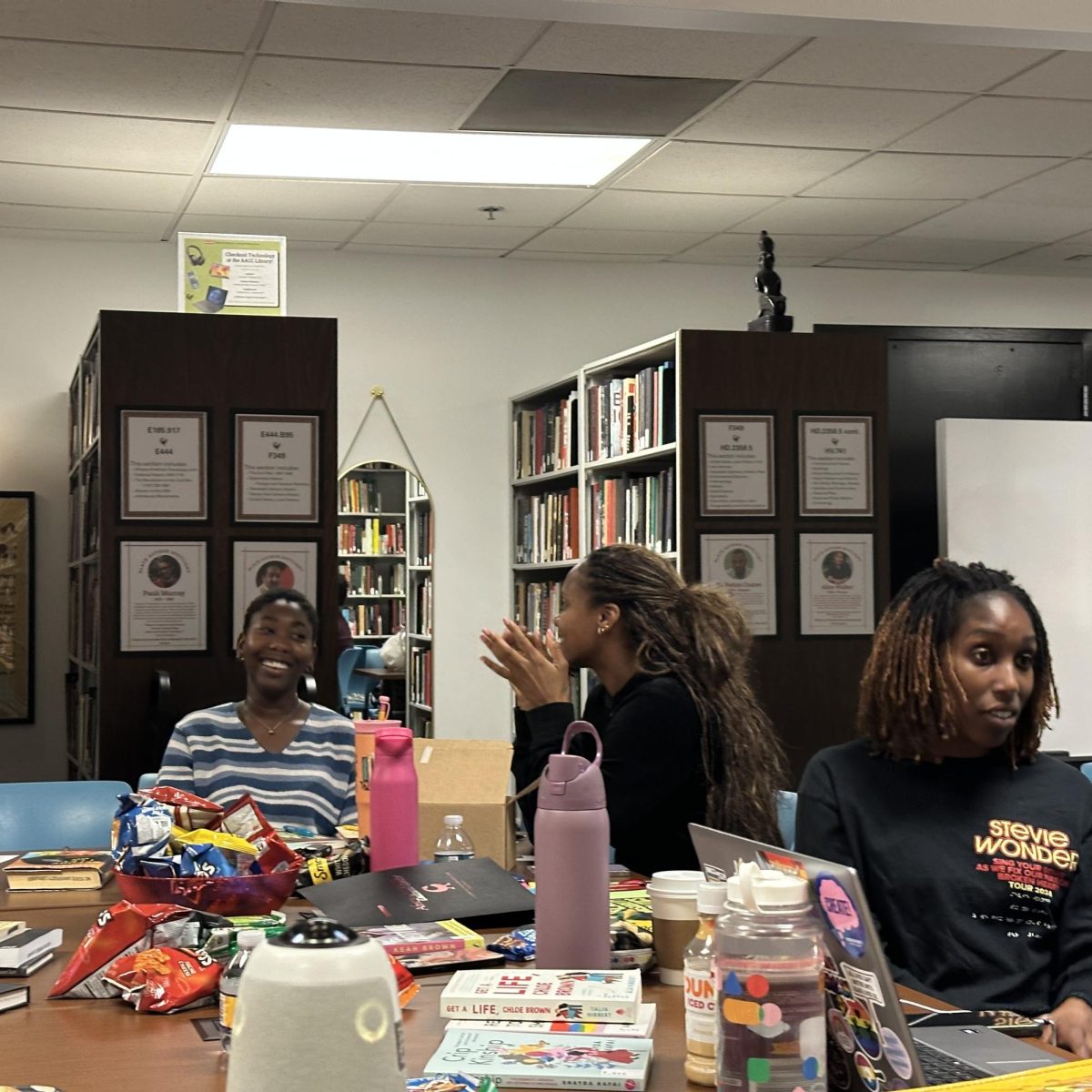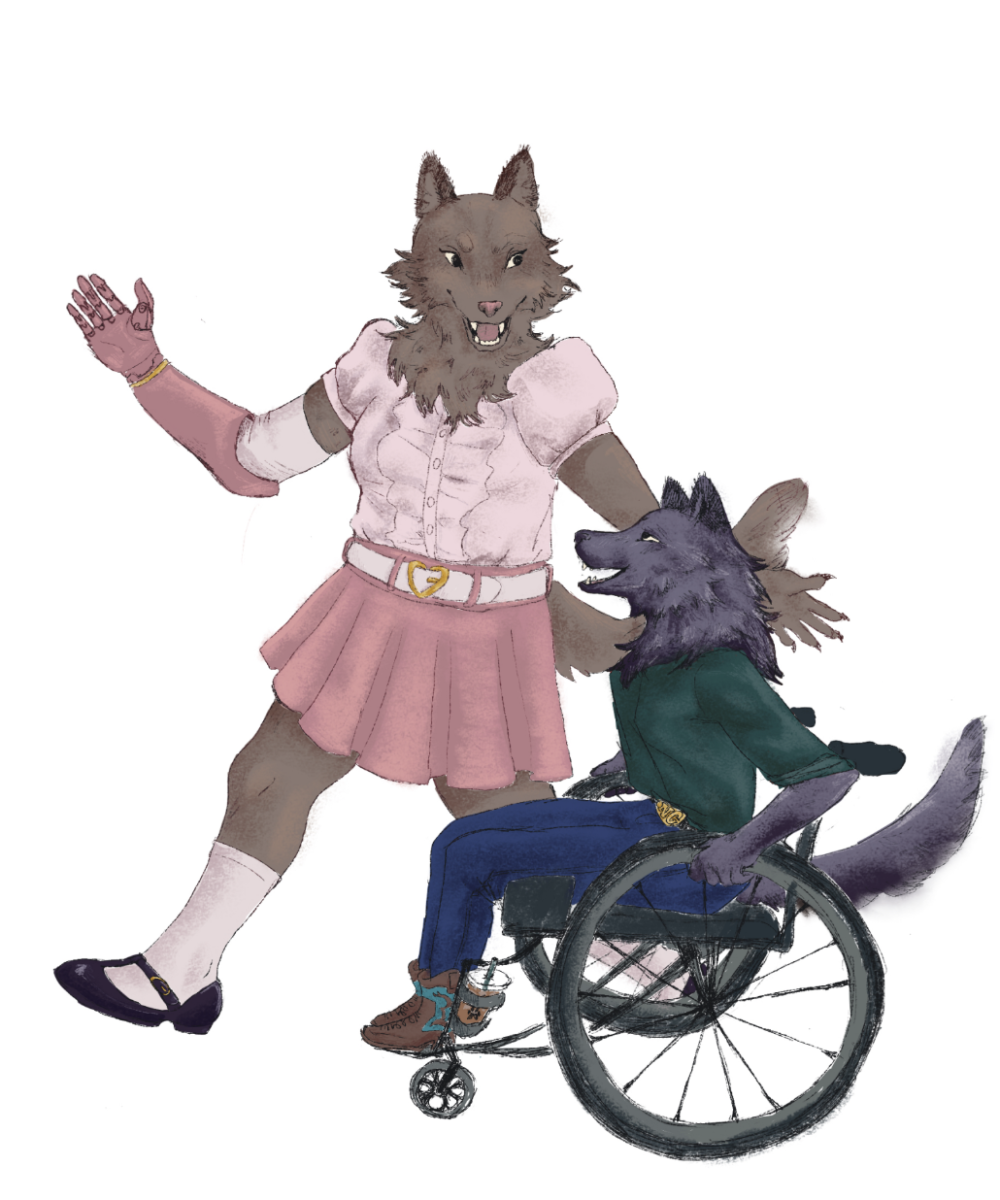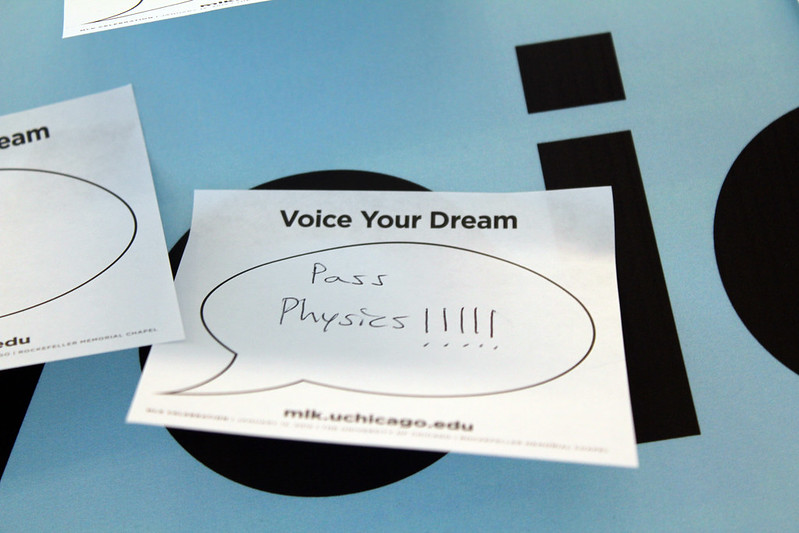Photo Credit: Ron Foreman
Left to Right: Rachel Walter, Fara Marin, Steffen Schilstra, Jordan Williams. Four main cast members in University Theater’s production of Hairspray.
Anahzsa Jones | Editor-in-Chief
Good morning NC State! February 21st-25th, University Theater will be performing the hit Broadway musical, Hairspray.
Most people agree that the message of the show is generally uplifting and revolves around inclusivity and acceptance. However, Lauren Knott, a junior studying psychology and the actress playing Velma Von Tussle, the show’s less than accepting producer, feels the show falls a little short.
“I feel a little white savior-y,” Knott Said. “Because the journeys of the black people are so dependent on this white girl’s generosity. We’ve sort of linked her up as this savior, and I don’t necessarily think that’s a great narrative to put out. I think that is one of the shows failings, is Tracy as the hero.”
The show tackles many modern issues: racism, body image, interracial relationships and diversity in the media, all in a musical ‘60s setting.
Jordan Williams, a senior studying communications, and the actor playing Seaweed, is excited to tackle these issues on stage. “They’re talking about weight issues, they’re talking about social issues, about feminist issues. It’s very dated, but it’s still very timely to what’s going on today,” Williams said. “We can still talk about these things and make it relevant. We’re trying to break away from those ideas and you can do it through dance, song and self-expression.”
Riki Dows, a junior studying communications, and the actress playing Motormouth Maybelle, sees value in presenting the issues in way the show does, even though she feels it’s less powerful. “It’s a really watered down way of trying to get the message across, but I feel like that’s what the audience we’re trying to reach needs. It sounds bad, but you kind of have to ‘spoonful of sugar’ this medicine a little bit.”
As important as the message of the show may seem, it wasn’t UT’s main focus when choosing a show for this year. Nia Crews, a junior in computer science, is the show’s stage manager. She believes part of the reason the show was chosen was for the heavy dance element and the desire to reach a wider audience.
“A part of it, I think,” Crews said, “is that they’re trying to start appealing to a younger audience. UT in general has a lot of older people come see the shows. Hairspray is just such a big show, a well-known show, that I think they were hoping to pull more people in and make it more diverse in the UT community as well.”
Diversity in UT was one of the biggest questions all around. Crews said, “That was probably one of the biggest concerns. Could we cast the show, was the first question. Not even thinking about talent, there are just some roles that you can’t cast a different race.”
Fara Marin, a junior studying zoology, who plays Tracy, had the same concern. “Generally, there are not a lot of people of color in [UT] shows, and I know I was wondering, are people of color just going to show up and audition? Because that’s not the general reoccurring people that are actors in the theater.”
In the end, thirty-six people were cast, 9 of which are people of color.
Marin felt that given UT’s record, the level of diversity is impressive. “We have a fairly large cast for the North Avenue kids. So I think, especially when considering the normal profile of [UT]’s normal shows, this one is really diverse.”
Knott was less satisfied. “I wish the ratio of black to white ensemble was better. I think we could have cast more people of color for sure, and I think that we should have cast more people of color for sure. And I’m not quite sure why that didn’t happen.”
Dows agreed. “I think we pulled it off by the skin of our teeth. Like the bare minimum of what we needed. But I think if we had just maybe done a little bit more reaching out before the semester, it would have been like, easy peasy, and maybe worked on the schedule a little bit.”
The small number of people of color in the cast presents logistical issues. Some characters are doubling up on roles. Kaitlin Perkins, a senior studying biological engineering, who plays Little Inez, will also be playing one of the Dynamites.
“I heard that extras weren’t needed,” Perkins said, “but it still kind of surprised me a little bit that I am playing two of the fairly main roles. I feel like someone else could have maybe done.”
Crews, who took part in casting the show, said, “Our main focus is to be able to cast roles without being offensive and trying to make sure black roles are cast as black people, and we had plenty of black people audition for black roles. The problem is that not everyone has a singing voice and so it’s like, where do you draw that line of talent versus fitting a role?”
A show with these themes being controlled for the most part by white people presents its own challenges. Dows talked about an experience in rehearsal where the few people of color presented a logistic and a subtle social issue.
“Run and Tell That (a number in the play) was looking quite sparse, let me tell you,” Dows said. “Our choreographer was like ‘I want more people in there…would it be alright if I put some white people in there? Like, you could run and tell them that.’ And that’s where those sensitivity things come in… I’m not running and telling a white person nothing, not in the sixties.”
Perkins said there was also a desire for more voices. “I honestly got upset at one point, because they were saying, ‘oh we need more people to sing this’ and I was like, it will not make sense if we have white people singing this part of the lyrics.” The lyrics in question are “Give me five on the black hand side.”
Dows also feels the tension of being a person of color in a largely white environment with a certain joke amongst the cast members. “There’s this running joke that’s ‘Tracy Turnblad defeated racism’ …I guess it’s humorous sometimes, and I guess that’s the best way to look at it when you’re going to be working very closely with these people for six weeks.”
Perkins finds the joke genuinely amusing and sees it as a way for the cast to commiserate over the show’s flippant tone. “Because that’s the way it makes it seem and how it’s written. I’m glad that the cast members for the most part are all on the same page. We’re all just like, this is utterly ridiculous.”
Hairspray opens on February 21st and tickets are selling out fast. Despite the possibly problematic nature of the themes, the show promises to be a good time for all.
Knott sums it up well. “I think people should just take the show for what it is; a light hearted, fun, musical romp. I guess in today’s political climate, a message of love, of loving yourself and your body and loving people regardless of weight or skin color is a good message to have.”












